Corporate Governance: An Institutionalist Approach —— An Institutionalist Approach
----- 公司治理:制度研究
Even though our understanding of corporate governance has evolved from a rigid model of âcommand and controlâ toward a more flexible model of incentive mechanisms, numerous and major shortcomings continue to plague efforts to resolve the conflicts of interest inherent in the managerial approach to corporate control. In this stimulating book the work of ten outstanding scholars in the field converges, along different avenues of research and analysis, toward a vital critique of two assumptions in currently dominant economic theory: that uncertainty can be reduced to numerical probabilities, and that contracts can be "complete", that is, capable of establishing beforehand an efficacious solution for all possible eventualities. These authors argue that efficient corporate governance requires the establishment of devices of cooperation among the various stakeholders that enable the operation of collective learning. Their contributions to this book clearly enunciate both the need for such organisational learning and the lessons of several specific recent transformations in governance practice that manifest a degree of such learning. In the process their analyses touch upon such central governance issues as the following: ⢠the exercise of hierarchical authority in the framework of the labour contract; ⢠the âfinancialisationâ of the wage system via profit sharing, stock options, and the like; ⢠the transformation of financial markets into markets for corporate control; ⢠the polarising effect of the concept of shareholder value; ⢠the self-perception of employee shareholders; ⢠justification of layoff projects; and ⢠rescue of firms in financial distress. What the common undertaking of these authors finally reveals is of immeasurable value to business leaders: potent suggestions that foster the development of a reflexive capacity among actors in corporate governance to isolate what the real problem is, to identify the elements of the context that it would be expedient to transform, and to construct collectively the modalities of an effective transformation.
{{comment.content}}
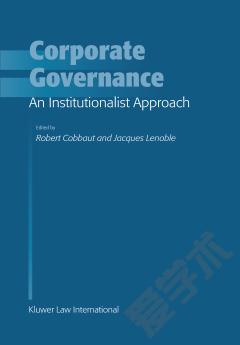
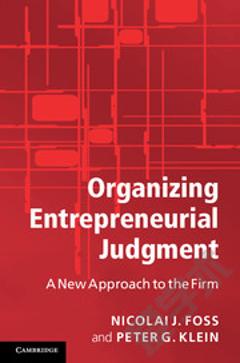
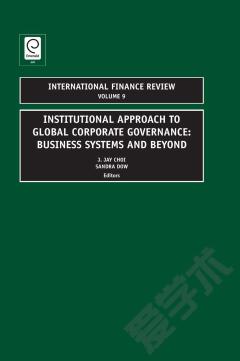
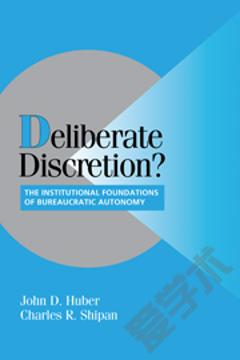


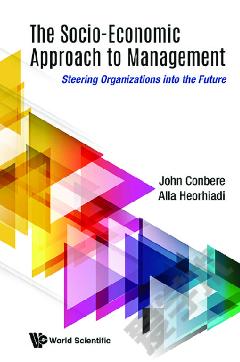

 京公网安备 11010802027623号
京公网安备 11010802027623号